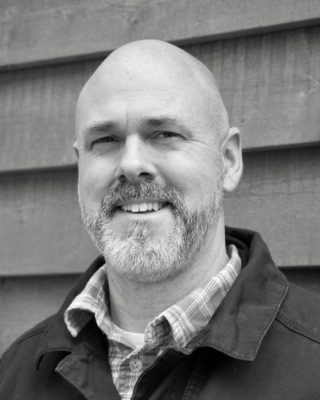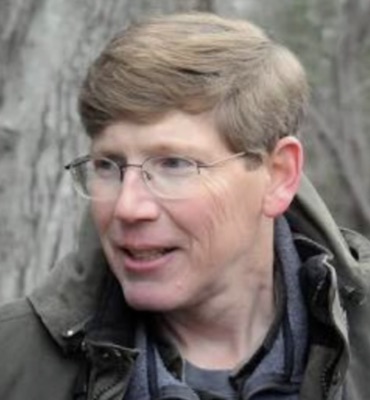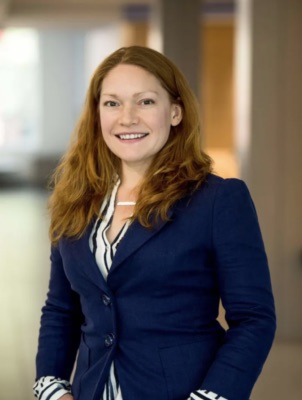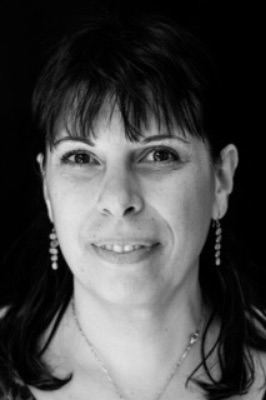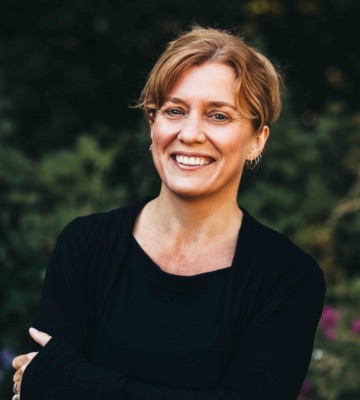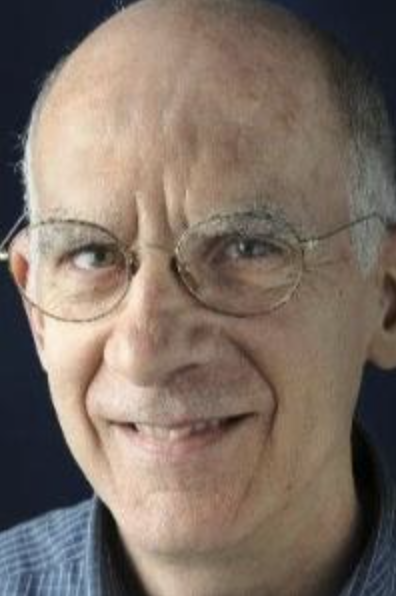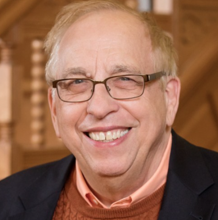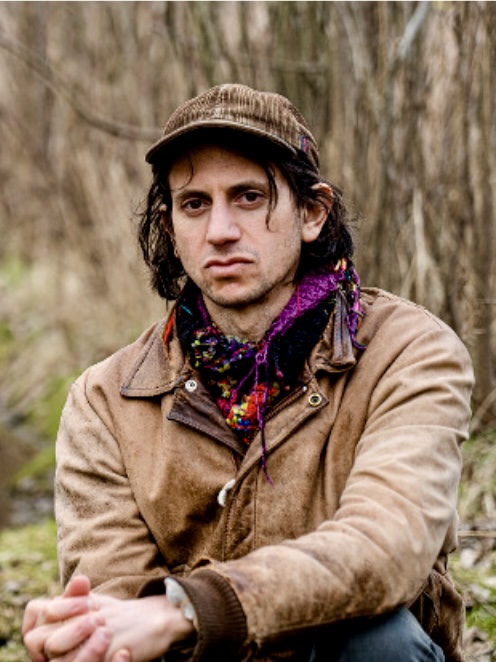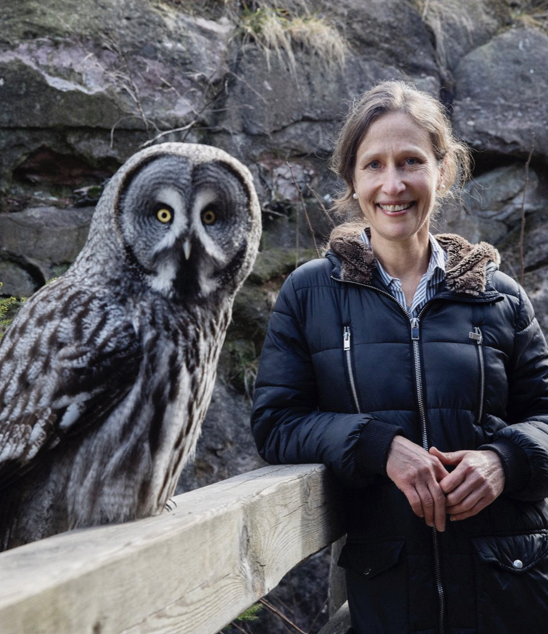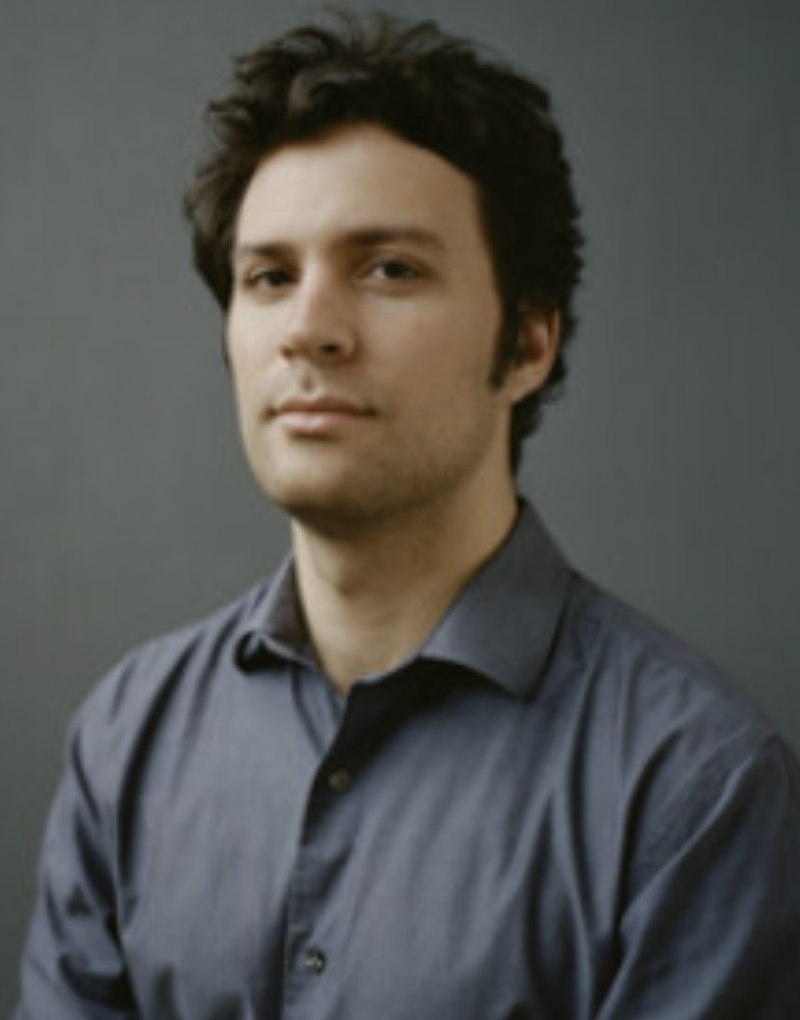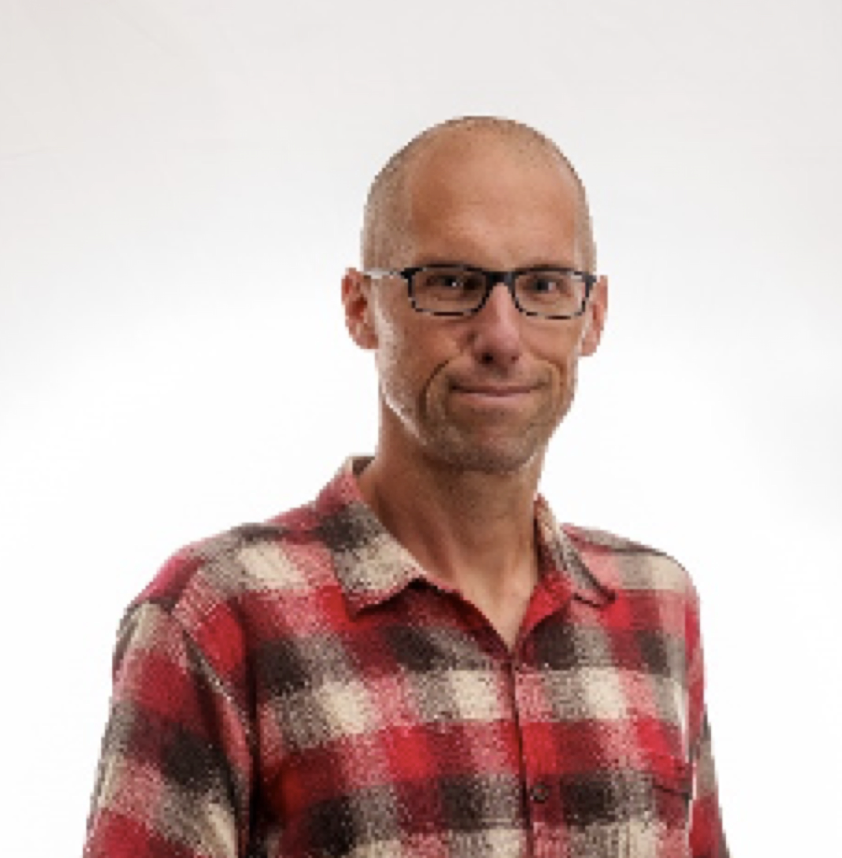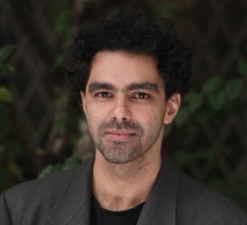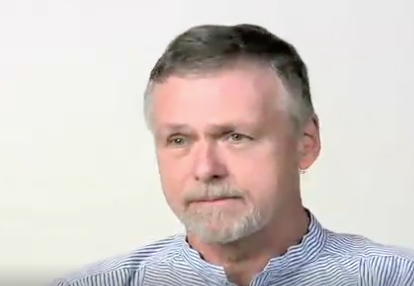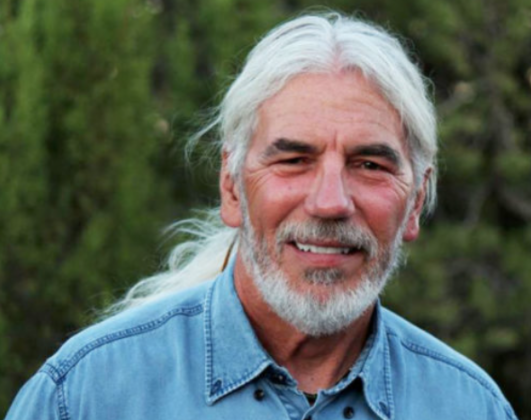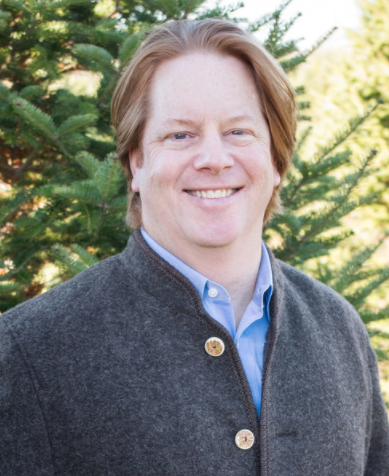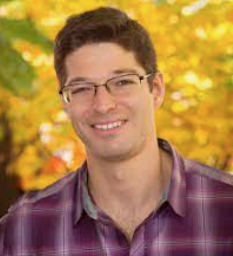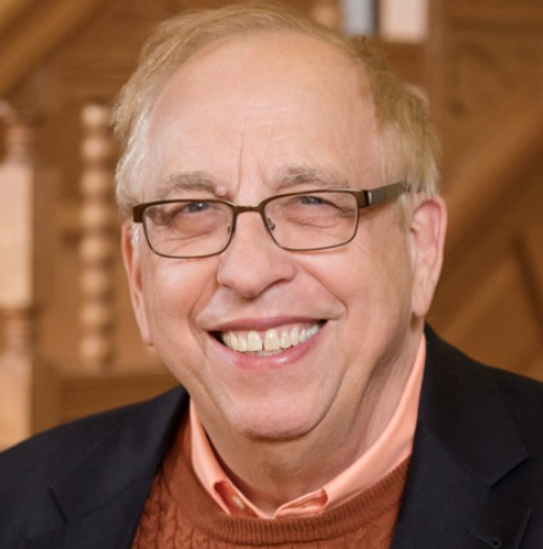Distinguished Speaker Series
Every month FaCT sponsors an hour long presentation featuring a distinguished speaker with special expertise in the environment and/or climate change. Each presentation is hosted over Zoom and is generally held on a weekend. Past speakers have discussed issues relating to changes in the Arctic region and how they affect us living in lower latitudes, the on-going battle to preserve species from extinction, and the fossil fuel industry and energy violence.
Last Program in 2024
Kevin Anderson & Dan Claverley: Saturday, November 16, 3 PM ET
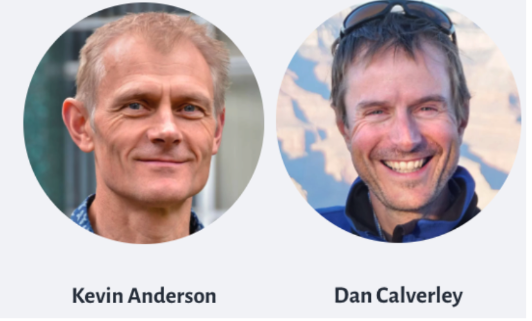
Climate Uncensored
Kevin Anderson is professor of energy and climate change at the Universities of Manchester (UK), Uppsala (Sweden) and Bergen (Norway). Formerly director of the Tyndall Centre for Climate Change Research, he engages widely with governments and remains research active with publications in Climate Policy, Nature and Science. Kevin has a decade of industrial experience in the petrochemical industry, is a chartered engineer and fellow of the Institution of Mechanical Engineers. He lives in the Peak District, UK, where he enjoys long-distance cycling, rock climbing and the songs of Ewan MacColl.
Dan Calverley is an independent researcher on climate change and mitigation. He holds an MA in philosophy, a master’s in environmental science and a PhD in environmental engineering, the latter from the University of Manchester where he subsequently worked at the Tyndall Centre for Climate Change Research. Dan’s other positions have included local government environment officer, corporate headhunter, kindergarten teacher, refrigerated lorry-builder and round-the-world adventure cyclist. He lives in Derbyshire, UK, where he is a keen hill runner, outdoor swimmer and vegetable gardener.
Past Distinguished Speakers
2024
An extraordinary book. Mohamed Amer Meziane's breathtaking analysis of the making of fossil states opens to a new genre of history writing where the very layers of earth's riches are at its center." —Ann Laura Stoler, author of Carnal Knowledge and Imperial Power, Along the Archival Grain
How the disenchantment of empire led to climate change
While industrial states competed to colonize Asia and Africa in the nineteenth century, conversion to Christianity was replaced by a civilizing mission. This new secular impetus strode hand in hand with racial capitalism in the age of empires: a terrestrial paradise was to be achieved through accumulation and the ravaging of nature.
Far from a defense of religion, The States of the Earth argues that phenomena such as evangelism and political Islam are best understood as products of empire and secularization. In a world where material technology was considered divine, religious and secular forces both tried to achieve Heaven on Earth by destroying Earth itself.
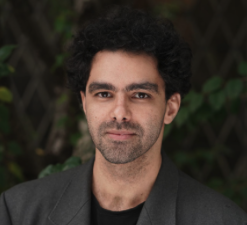
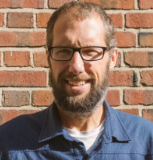
Ted Auch of FaCT & FracTracker Alliance: "The Value of Data in Understanding Environmental Justice Across the Rural to Urban Divide." Ted explains the difference between quantitative data and qualiitative data. He demonstrates how the personal stories of Ohioans who have suffered from environmental depradations can have an impact on the public understanding of environmental threats caused by the fossil economy's impact health and safety of individuals and communities.
The Great Displacement—Climate Change and the Next American Migration.
“The Great Displacement is closely observed, compassionate, and far-sighted.” —Elizabeth Kolbert, Pulitzer Prize–winning author of Under a White Sky
The untold story of climate migration in the United States—the personal stories of those experiencing displacement, the portraits of communities being torn apart by disaster, and the implications for all of us as we confront a changing future.
About the Author: Jake Bittle Jake Bittle is a journalist based in Brooklyn who covers climate change and energy. His work has appeared in The New York Times, The Guardian, Harper’s Magazine, and a number of other publications. He is also a contributing writer for Grist.
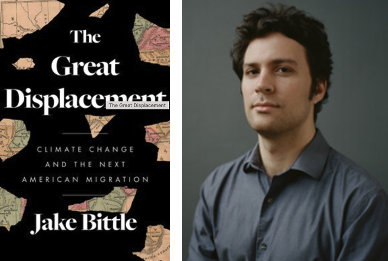
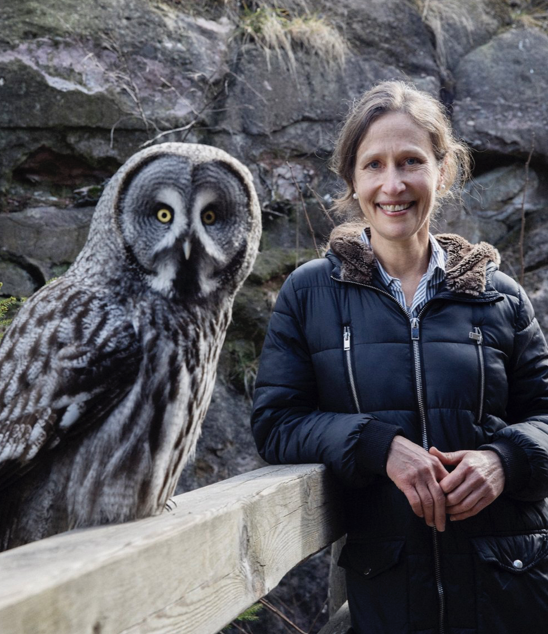
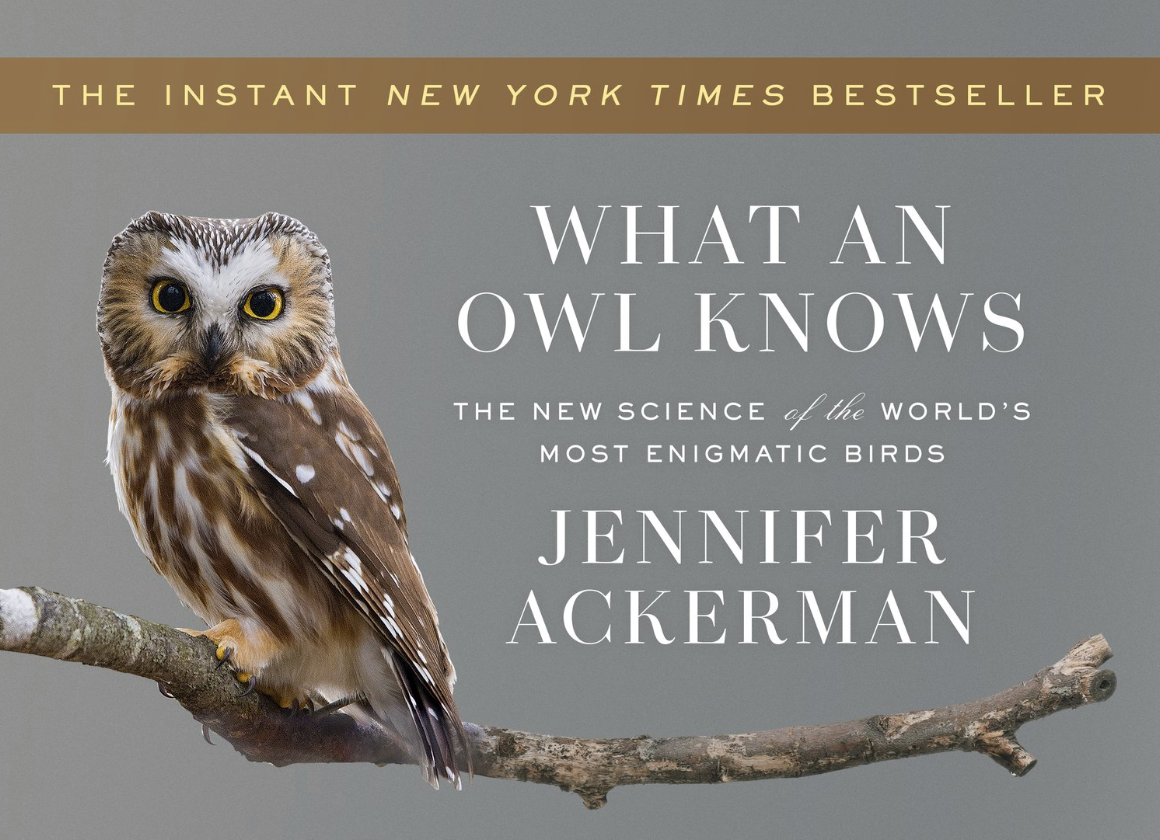
Jennifer Ackerman illuminates the rich biology and natural history of owls and reveals remarkable new scientific discoveries about their brains and behavior. She joins scientists in the field and explores how researchers are using modern technology and tools to learn how owls communicate, hunt, court, mate, raise their young, and move about from season to season.
Jennifer's most recent book, What an Owl Knows: The new science of the world’s most enigmatic birds, was an instant New York Times bestseller and has been described in reviews as “eloquent and engaging”, “revelatory,” a “fascinating read,” “a masterful survey,” and an “enchanting guide.”
Jennifer Ackerman has been writing about science, nature, and health for more than three decades. Her work aims to explain and interpret science for a lay audience and to explore the riddles of the natural world, blending scientific knowledge with strong storytelling. She has won numerous awards and fellowships, including a fellowship from the National Endowment of the Arts, a grant from the Alfred P. Sloan Foundation, a Silver Medal Award for Nature Writing from the International Regional Magazine Association, and fellowships at the Bunting Institute of Radcliffe College (now the Radcliffe Institute), Brown College at the University of Virginia, and the Tisch College of Citizenship and Public Service at Tufts University.
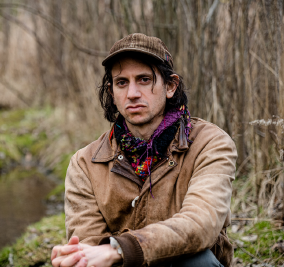

In this episode of "Just the Facts," hosted by Mark Goode and featuring guest Justin Nobel, an acclaimed journalist and author, a dark and critical issue within the oil and gas industry came to light—radioactivity in oil field waste. Nobel, who spent seven years investigating and writing his book "Petroleum 238: Big Oil’s Dangerous Secret and the Grassroots Fight to Stop It," provides alarming revelations about the radioactive pollutants associated with oil and gas extraction that have been neglected by the industry and overlooked by governing bodies.
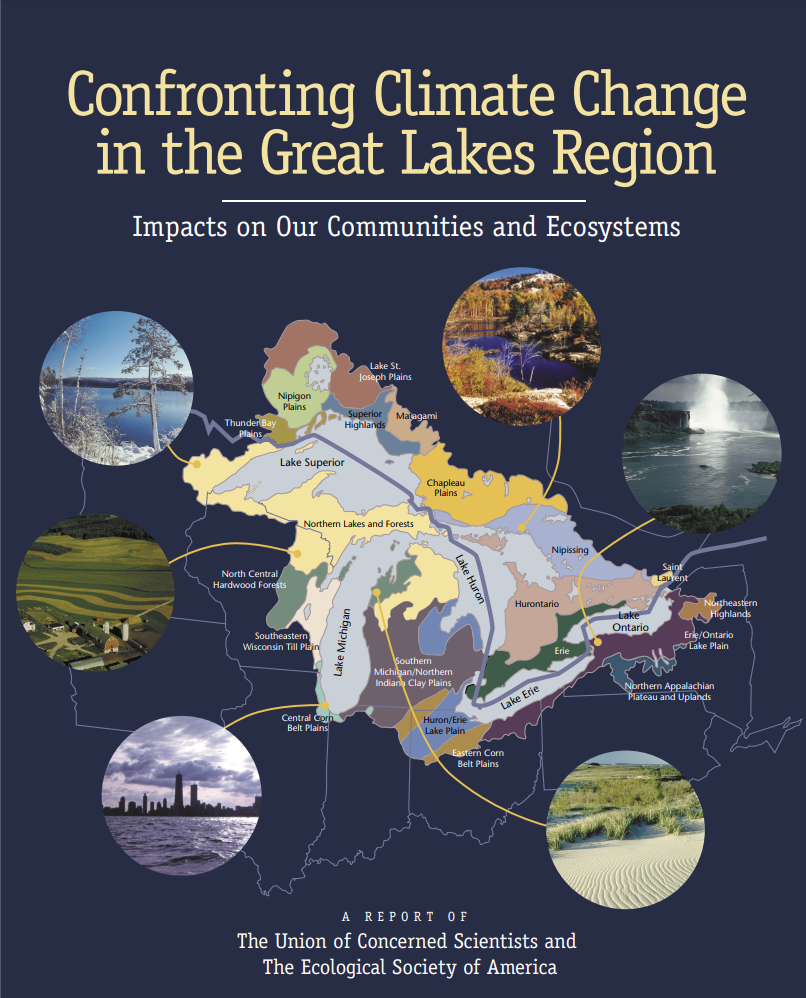
Dr. Wuebbles was a Coordinating Lead Author on several international climate assessments led by the Intergovernmental Panel on Climate Change (IPCC) that resulted in IPCC being awarded the Nobel Peace Prize in 2007. He led an assessment on the impacts of climate change on the Great Lakes that was published in March 2019 and co-led a special assessment of the impacts of climate change on the state of Illinois published in May 2021.
If you have more questions that you would like to ask Dr. Wuebbles, he has kindly invited you to do so at: wuebbles@illinois.edu
2023
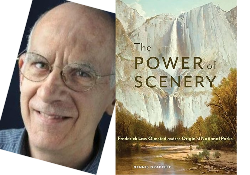
Wallace Stegner called national parks “the best idea we ever had.” As Americans celebrate the 150th anniversary of Yellowstone, the world’s first national park, a question naturally arises: where did the idea for a national park originate? The answer starts with a look at pre-Yellowstone America. With nothing to put up against Europe’s cultural pearls—its cathedrals, castles, and museums—Americans came to realize that their plentitude of natural wonders might compensate for the dearth of manmade attractions. That insight guided the great landscape architect Frederick Law Olmsted as he organized his thoughts on how to manage the wilderness park centered on Yosemite Valley, a state-owned predecessor to the national park model of Yellowstone. Haunting those thoughts were the cluttered and carnival-like banks of Niagara Falls, which served as an oft-cited example of what should not happen to a spectacular natural phenomenon.
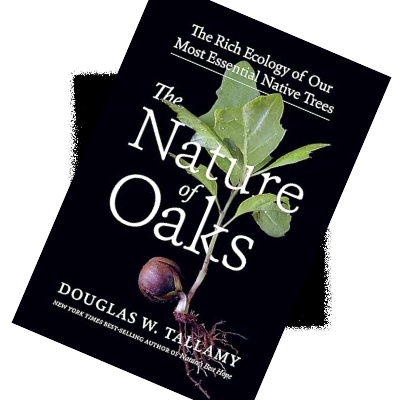
With Bringing Nature Home, Doug Tallamy changed the conversation about gardening in America. His second book, the New York Times bestseller Nature’s Best Hope, urged homeowners to take conservation into their own hands. Now, he turns his advocacy to one of the most important species of the plant kingdom—the mighty oak tree.
Oaks sustain a complex and fascinating web of wildlife. The Nature of Oaks reveals what is going on in oak trees month by month, highlighting the seasonal cycles of life, death, and renewal. From woodpeckers who collect and store hundreds of acorns for sustenance to the beauty of jewel caterpillars, Tallamy illuminates and celebrates the wonders that occur right in our own backyards. He also shares practical advice about how to plant and care for an oak, along with information about the best oak species for your area. The Nature of Oaks will inspire you to treasure these trees and to act to nurture and protect them.
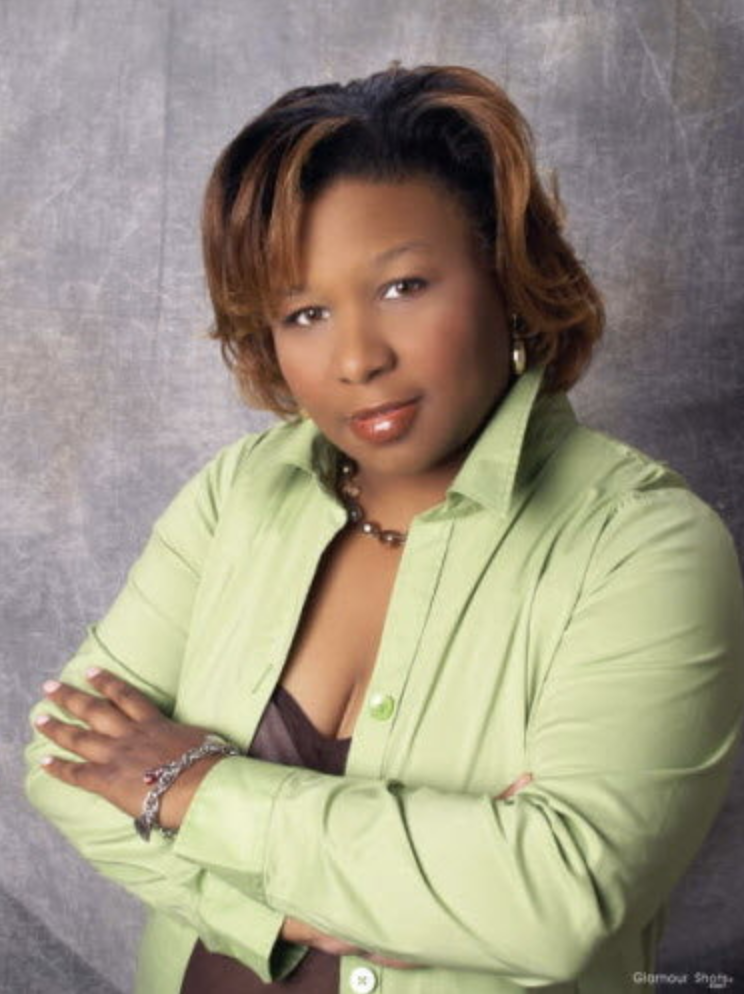
The NEO Black Health Coalition works to create equity in the African American community addressing the cumulative health impact of racial, economic, environmental and social justice inequities on education, employment, housing and health by working to educate, advocate for and empower the community. Climate change and the impact is a very integral part of put of the work of the Northeast Ohio Black Coalition.
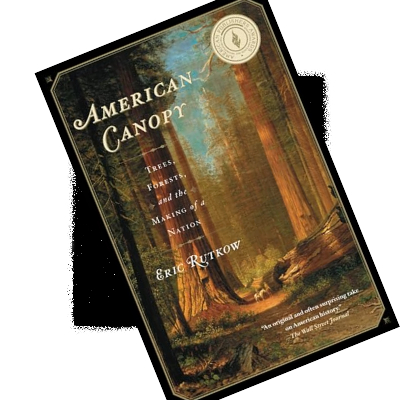
Eric Rutkow’s “deeply fascinating” (The Boston Globe) work shows how trees were essential to the early years of the republic and indivisible from the country’s rise as both an empire and a civilization. Among American Canopy’s many captivating stories: the Liberty Trees, where colonists gathered to plot rebellion against the British; Henry David Thoreau’s famous retreat into the woods; the creation of New York City’s Central Park; the great fire of 1871 that killed a thousand people in the lumber town of Peshtigo, Wisconsin; the fevered attempts to save the American chestnut and the American elm from extinction; and the controversy over spotted owls and the old-growth forests they inhabited. Rutkow also explains how trees were of deep interest to such figures as George Washington, Thomas Jefferson, Benjamin Franklin, Teddy Roosevelt, and Franklin Roosevelt, who oversaw the planting of some three billion trees nationally in his time as president.
Never before has anyone treated our country’s trees and forests as the subject of a broad historical study, and the result is an accessible, informative, and thoroughly entertaining read. Audacious in its four-hundred-year scope, authoritative in its detail, and elegant in its execution, American Canopy is perfect for history buffs and nature lovers alike and announces Eric Rutkow as a major new author of popular history.
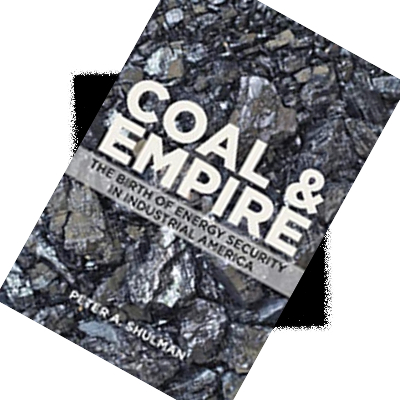
Since the early twentieth century, Americans have associated oil with national security. From World War I to American involvement in the Middle East, this connection has seemed a self-evident truth. But, as Peter A. Shulman argues, Americans had to learn to think about the geopolitics of energy in terms of security, and they did so beginning in the nineteenth century: the age of coal. Coal and Empire insightfully weaves together pivotal moments in the history of science and technology by linking coal and steam to the realms of foreign relations, navy logistics, and American politics. Long before oil, coal allowed Americans to rethink the place of the United States in the world.
Shulman explores how the development of coal-fired oceangoing steam power in the 1840s created new questions, opportunities, and problems for U.S. foreign relations and naval strategy. The search for coal, for example, helped take Commodore Matthew Perry to Japan in the 1850s. It facilitated Abraham Lincoln's pursuit of black colonization in 1860s Panama. After the Civil War, it led Americans to debate whether a need for coaling stations required the construction of a global empire. Until 1898, however, Americans preferred to answer the questions posed by coal with new technologies rather than new territories. Afterward, the establishment of America's string of island outposts created an entirely different demand for coal to secure the country's new colonial borders, a process that paved the way for how Americans incorporated oil into their strategic thought.
By exploring how the security dimensions of energy were not intrinsically linked to a particular source of power but rather to political choices about America's role in the world, Shulman ultimately suggests that contemporary global struggles over energy will never disappear, even if oil is someday displaced by alternative sources of power.
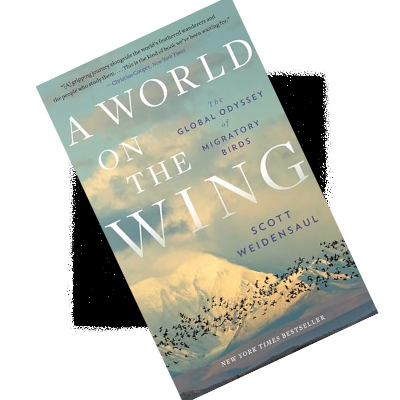
In the past two decades, our understanding of the navigational and physiological feats that enable birds to cross immense oceans, fly above the highest mountains, or remain in unbroken flight for months at a stretch has exploded. What we’ve learned of these key migrations―how billions of birds circumnavigate the globe, flying tens of thousands of miles between hemispheres on an annual basis―is nothing short of extraordinary.
Bird migration entails almost unfathomable endurance, like a sparrow-sized sandpiper that will fly nonstop from Canada to Venezuela―the equivalent of running 126 consecutive marathons without food, water, or rest―avoiding dehydration by "drinking" moisture from its own muscles and organs, while orienting itself using the earth’s magnetic field through a form of quantum entanglement that made Einstein queasy. Crossing the Pacific Ocean in nine days of nonstop flight, as some birds do, leaves little time for sleep, but migrants can put half their brains to sleep for a few seconds at a time, alternating sides―and their reaction time actually improves.
These and other revelations convey both the wonder of bird migration and its global sweep, from the mudflats of the Yellow Sea in China to the remote mountains of northeastern India to the dusty hills of southern Cyprus. This breathtaking work of nature writing from Pulitzer Prize finalist Scott Weidensaul also introduces readers to those scientists, researchers, and bird lovers trying to preserve global migratory patterns in the face of climate change and other environmental challenges.
Drawing on his own extensive fieldwork, in A World on the Wing Weidensaul unveils with dazzling prose the miracle of nature taking place over our heads.
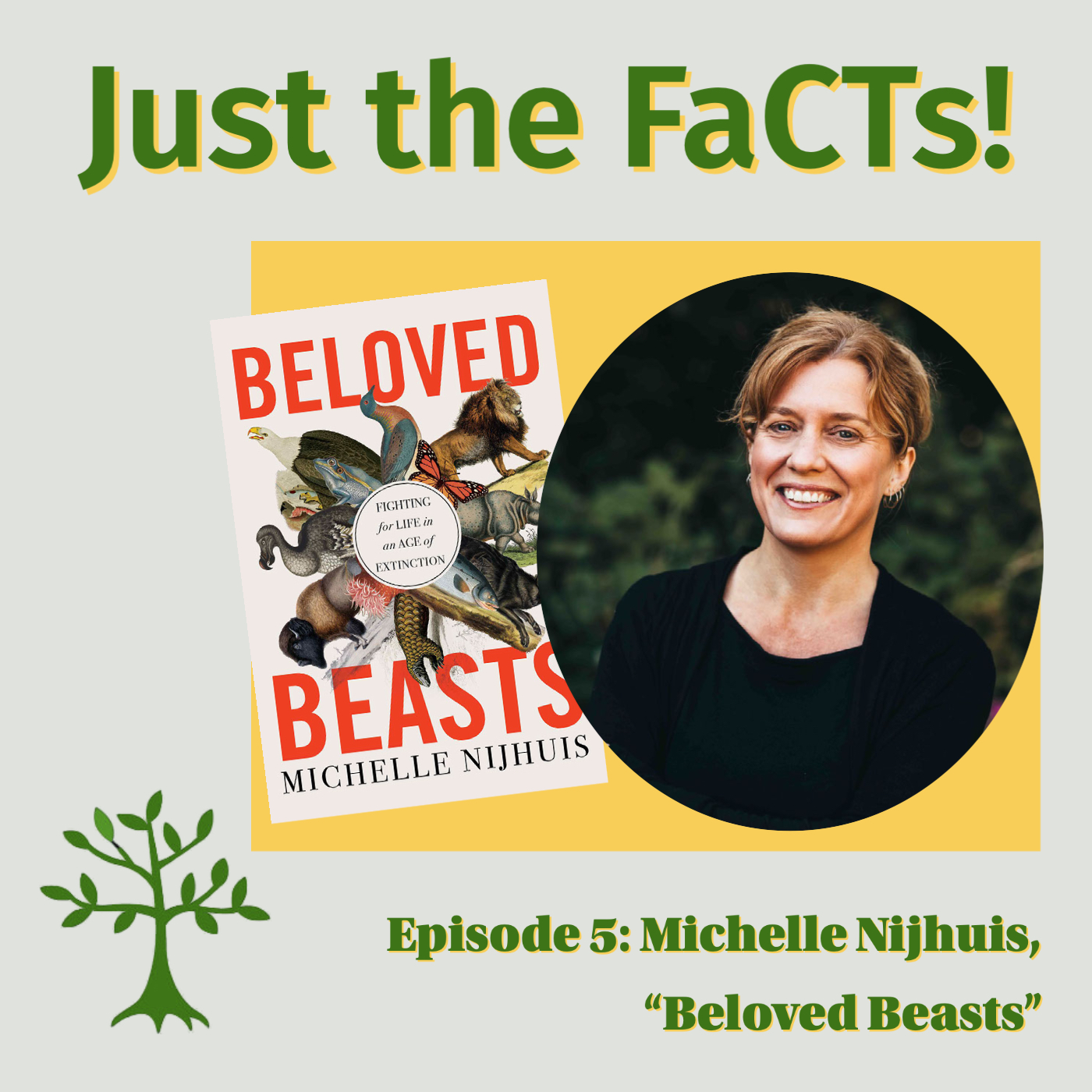
In this episode, Dr. Ted Auch, the Great Lakes Program Coordinator for the Fractracker Alliance interviews Ms. Michelle Niujhuis, author of "Beloved Beasts - Fighting for Life in an Age of Extinction." Niujhuis' book is a critical history of the modern conservation movement. It was named one of the best books of 2021 by the Chicago Tribune, Smithsonian, Booklist, and other publications.
Niujhuis is a project editor at The Atlantic, where she edits features for the Planet section and a series called Life Up Close, and she's a regular contributor to the New York Review of Books. Her writing has also appeared in publications including National Geographic and the New York Times Magazine, and she's proud to be a longtime contributing editor of High Country News, a scrappy institution that produces some of the finest journalism in the American West. Niujhuis is the co-editor of The Science Writers’ Handbook: Everything You Need to Know to Pitch, Publish and Prosper in the Digital Age, published by Da Capo Press, and the author of The Science Writers’ Essay Handbook: How to Craft Compelling True Stories in Any Medium.
In this discussion, Niujhuis explains how she came to write "Beloved Beasts," how she evolved from being a field biologist to becoming a journalist covering issues relating to science and conservation, the politics behind conservation - particularly in the American West, and how the conservation movement has evolved over time.
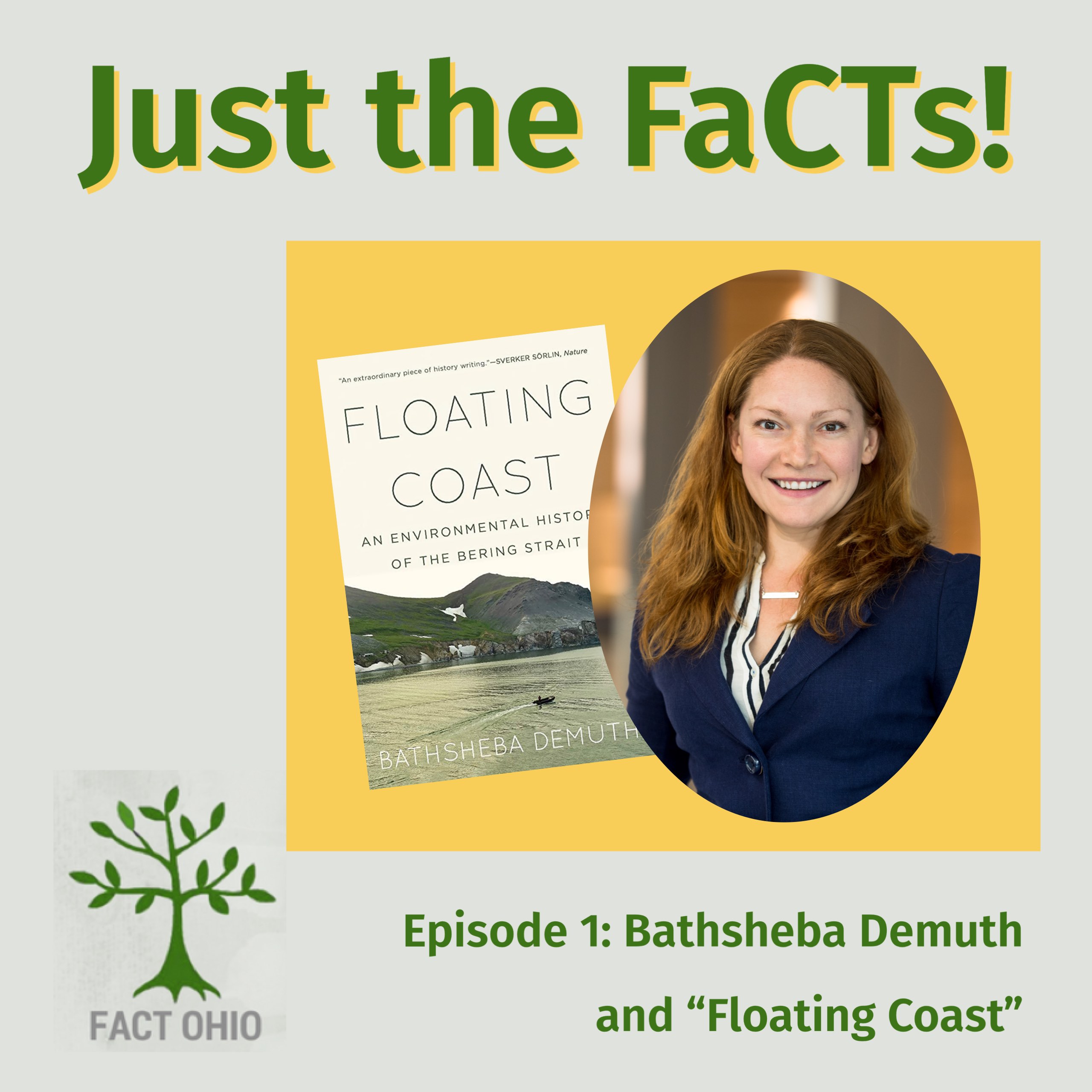
On today's episode, Dr. Ted Auch interviews Dr. Bathsheba Demuth is the Dean’s Associate Professor of History, Environment, and Society at Brown University in Rhode Island, and the author of “Floating Coast, an Environmental History of the Bering Strait.” (buy the book here). An expert in regions far north of the Arctic Circle, Dr. Demuth discusses what she learned during her travels there (in the US, Canada, and Russia) as well as some of the contemporary environmental challenges facing that region today.
Dr. Auch is a Board member of FaCT Ohio, the Ohio chapter of the Faith Communities Together for a Sustainable Future. Dr. Auch is also a professor at Cleveland State University, where he teaches Global Biogeochemistry and Soil Science.
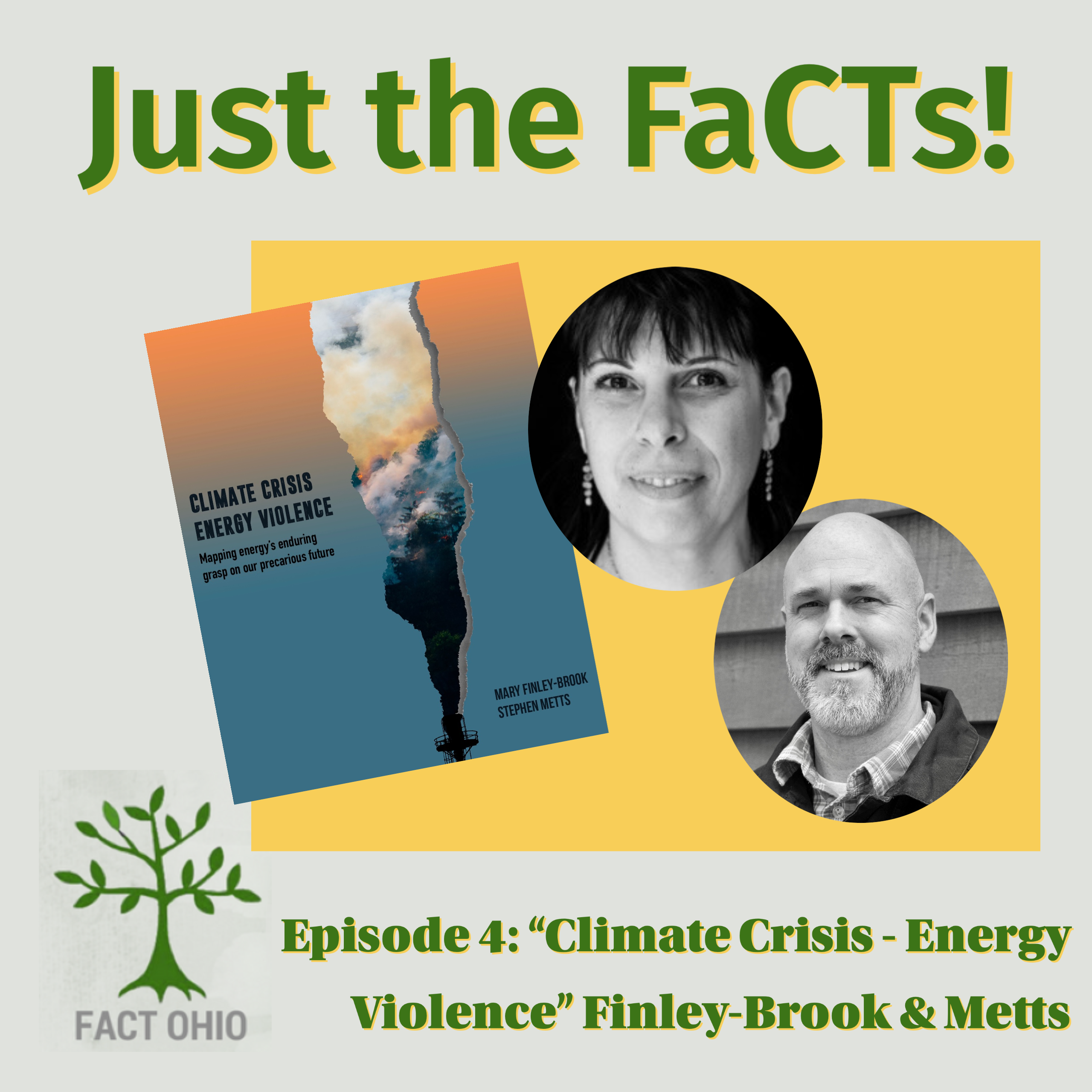
In this episode, Dr. Mary Finley-Brook and Mr. Stephen Metts discuss their upcoming book, "Climate Crisis - Energy Violence." Finley-Brook and Metts have been studying the intersection of climate crisis - the rapidly changing climate brought on by human activities -- and energy violence -- the damage being done to our environment by a variety of malevolent human activities including the extraction of oil and natural gas for use in our powering our petroleum-centric world.
This episode covers a wide range of issues and questions including:
- How do we address proximity issues (how close extractive industries are to urban populations) and social justice issues?
- They discuss the Millenium Pipeline and its impact on nearby residents in the Hudson Valley area
- They discuss the Atlantic Coast Pipeline (ACP) and its impact . . . both Finley-Brook and Metts worked to defeat this pipeline
- Greenwashing and environmental illiteracy
- Methane literacy
- FERC and environmental racism
- FERC's propensity to "rubber stamp" approving pipelines (a 99% approval rate!)
- Erosion and biodiversity
- The gaps in the regulatory system with respect to the environmental and climate impacts of pipelines (specifically around space and infrastructure; point source polluters in an urban environment)
- The definition of environmental justice in urban and rural environments
- The conflicts between state and federal governments over the impact of pipeline installations
- The conflict of interest in having the fossil fuel industry define "best practices" with respect to a variety of development standards
- The problem with carbon capture: does it really work and is it affordable?
Dr. Auch is a Board member of FaCT, the Faith Communities Together for a Sustainable Future. Dr. Auch is also a professor at Cleveland State University, where he teaches Global Biogeochemistry and Soil Science.
2022
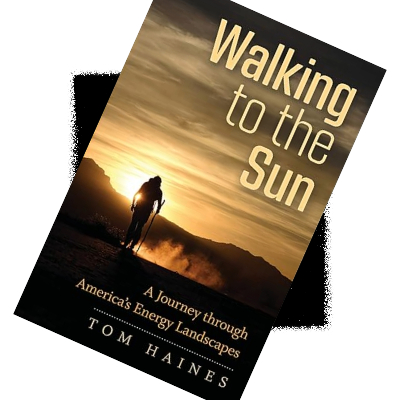
From the publisher:
"On a winter day in 2013, Tom Haines stood in front of his basement furnace and wondered about the source of the natural gas that fueled his insulated life. During the next four years, Haines, an award-winning journalist and experienced wanderer, walked hundreds of miles through landscapes of fuel―oil, gas, and coal, and water, wind, and sun―on a crucial exploration of how we live on Earth in the face of a growing climate crisis. Can we get from the fossil fuels of today to the renewables of tomorrow? The story Haines tells in Walking to the Sun is full not only of human encounters―with roustabouts working on an oil rig, farmers tilling fields beneath wind turbines, and many others―but also of the meditative range that arrives with solitude far from home. Walking to the Sun overcomes the dislocation of our industrial times to look closely at the world around us and to consider what might come next."
Hear MacPhee discuss his book in our video series.
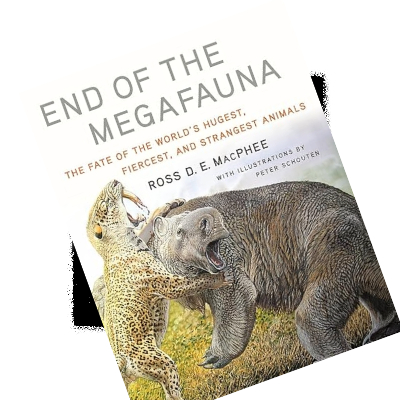
From the publisher:
"Until a few thousand years ago, creatures that could have been from a sci-fi thriller―including gorilla-sized lemurs, 500-pound birds, and crocodiles that weighed a ton or more―roamed the earth. These great beasts, or “megafauna,” lived on every habitable continent and on many islands. With a handful of exceptions, all are now gone."
Hear MacPhee discuss his book in our video series.
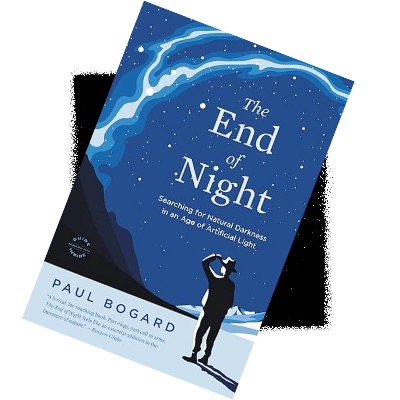
From the publisher:
"A starry night is one of nature's most magical wonders. Yet in our artificially lit world, three-quarters of Americans' eyes never switch to night vision and most of us no longer experience true darkness. In The End of Night, Paul Bogard restores our awareness of the spectacularly primal, wildly dark night sky and how it has influenced the human experience across everything from science to art. "
Hear Bogard discuss his book in our video series.
2021
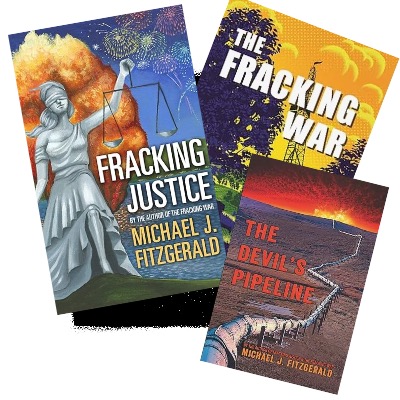
In his talk, Michael Fitzgerald discusses the problems with fracking and how this impacts all of us.
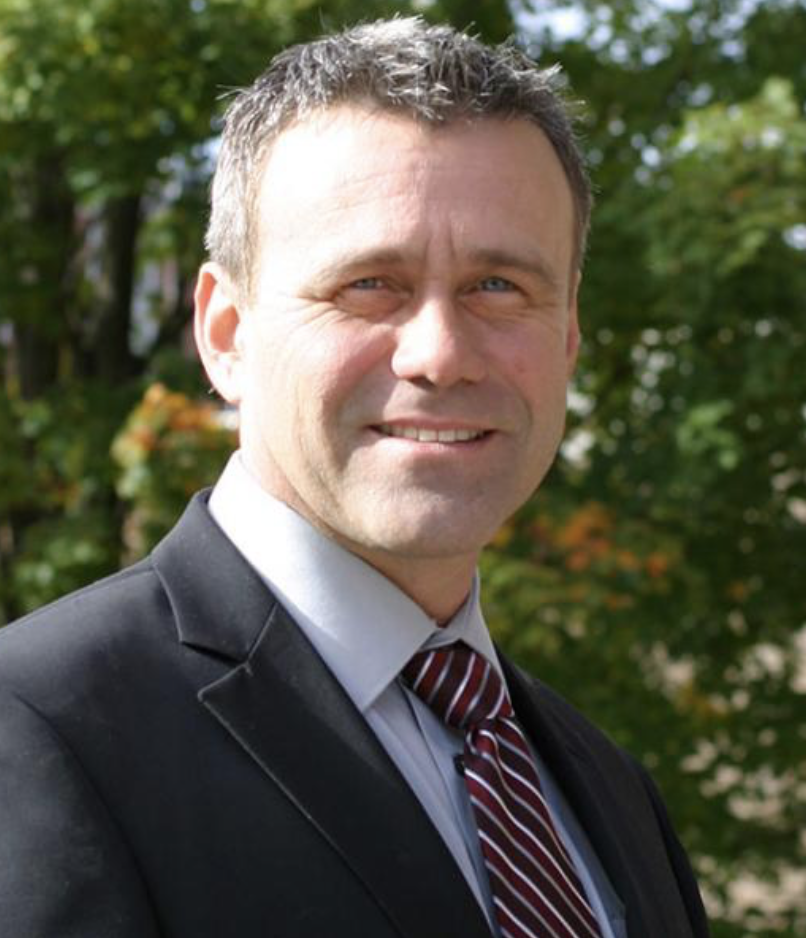
Dr. Yuri Gorby's talk "From the Ground Up—Radionuclides in Our Environment" was a wake up call to all the attendees about the dangers of radiation in the environment. Check out the Zoom webinar for his talk.
